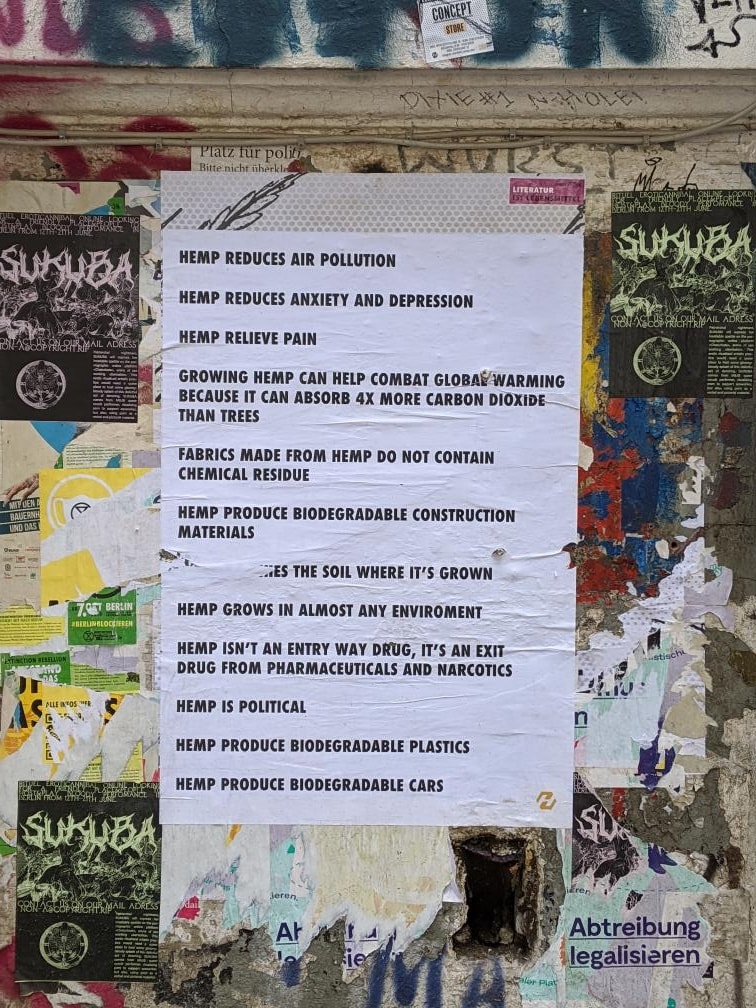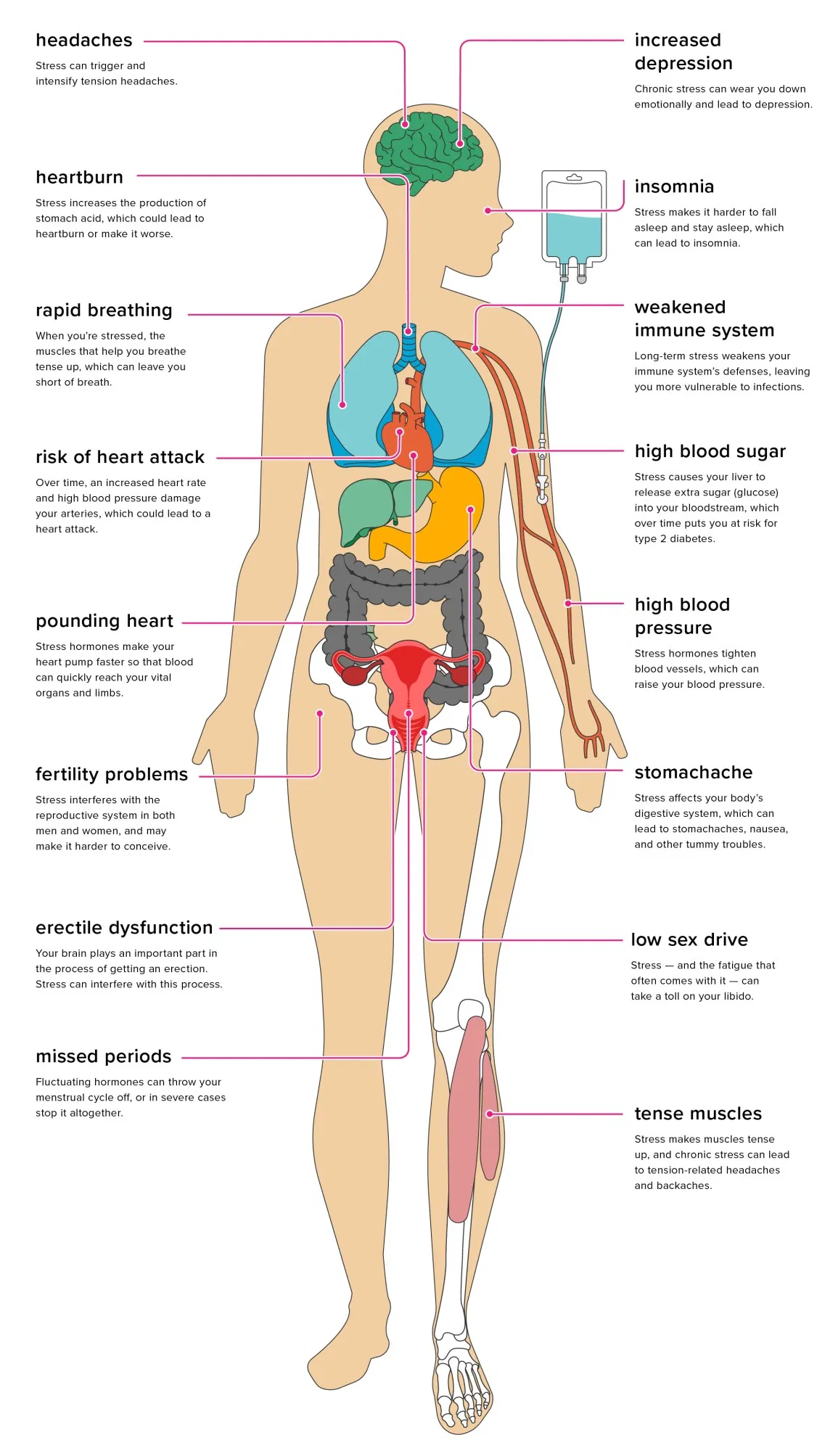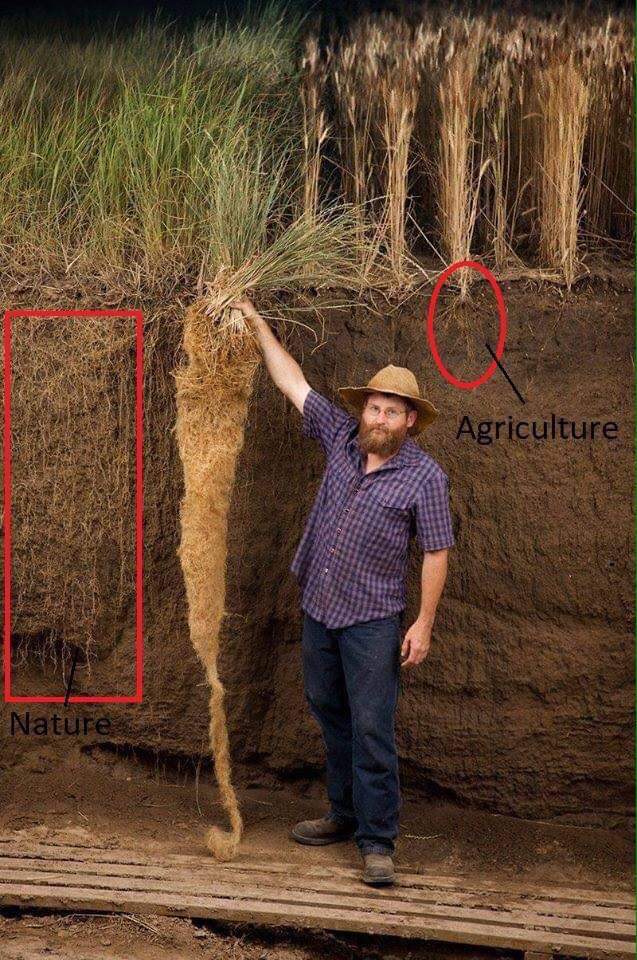-
SMIC listing seeks billions to fund chip autonomy push
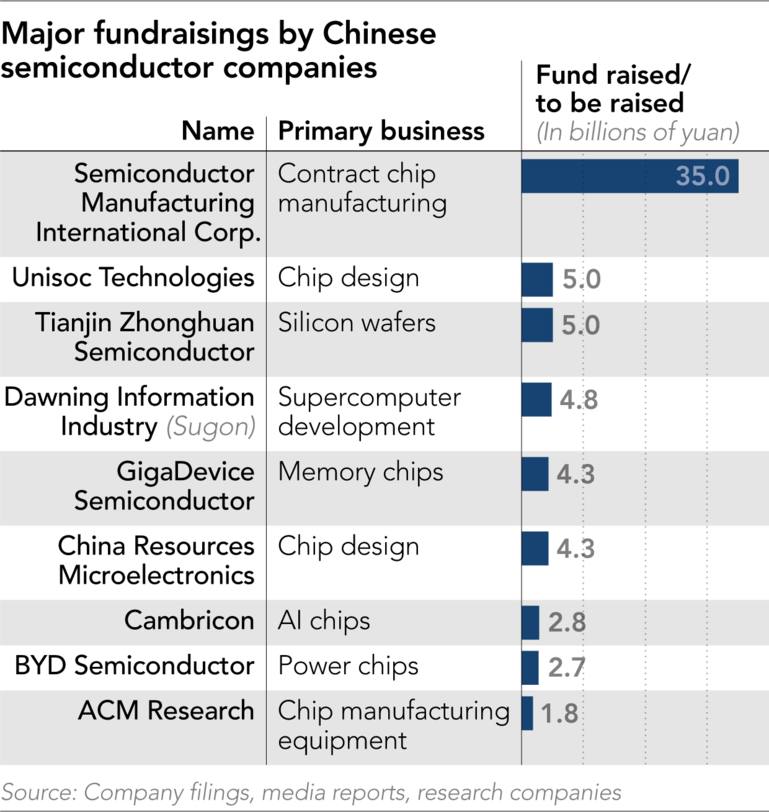
China aims to have domestically made chips satisfy 70% of its demand under the "Made in China 2025" initiative, designed to promote its high-tech industries. Chinese chipmakers have received $20.5 billion so far this year, with state-backed funds helping to boost domestic output. China is set for its biggest stock sale in a decade when homegrown chipmaker Semiconductor Manufacturing International (SMIC) debuts on Shanghai’s Nasdaq-style STAR Market at the end of this month.
-
Intellectual Gourmet Bullshit

Lately, I've come across many sentences along the lines of the following: "A transdisciplinary research project to cultivate new forms and practices of planetary cognition" (via). While it might sound intriguing at first, what does this actually mean precisely? It's quite possible that i am simply to dumb to "get it", but this stuff strikes me as intimately related to the intellectual gourmet bullshit that the likes of Gregory Bateson pioneered.
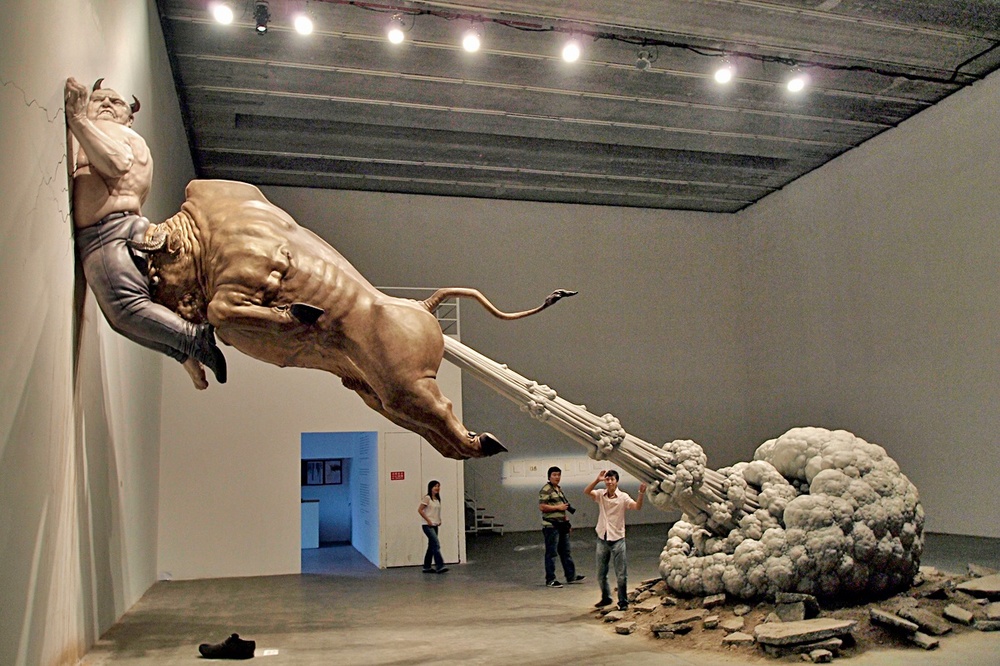
This "use many impressive fancy words, which in essence are totally incomprehensible for most" mentality seems to be taking hold of the wider ecology/regenerative movement across the Anglosphere. In a peculiar way, moving it closer to the mainstream "everything is for sale - buy or die" culture, which they proclaim to be an alternative to.
These developments are somewhat predictable and mirrored across many sectors. For example, Ted Nelson describes the MIT Media Lab as follows: "The whole point of the Media Lab is 'we know something that you don't know!' It is led by con men. Con men and politicians aren't necessarily held to telling the truth at all.".
I for one strive to adhere to the "explain it so a child can understand it" maxim and not hide behind a cloud of artificial complexity, that is mostly there to make one look important.
-

Victor's way in County Wicklow, Ireland, is a privately owned meditation garden notable for its black granite sculptures. The the park is dedicated to cryptographer Alan Turing. The Fasting Buddha icon-cum-sculpture is a copy of a 1st century AD stone icon (called ‘the ascetic Bodhisattva’) robbed by British archaeologists in the 19th century from an ancient Buddhist pilgrimage site in Taxila, Pakistan. The original, created in the Gandhara Period in Greco-Roman style (note the dramatic, wholly un-Buddhist appearance + the Roman toga + the typically Roman hairdo and beard), is approx. 60 centimetres high and made of Schist stone. It’s on view in Lahore Museum.
-
As permafrost melts under intense heat, Russia's Siberia burns — again

Russia's northern landscape is being transformed by heat and fire.
Scientists Alarmed About Siberia's Record Breaking Winter and Spring Temperatures
Scientists say that Siberia’s unusually warm weather through winter and spring is “an alarming sign” - illustrating the most notable effects of global climate change as the world warms.
Siberian Arctic experiences record high temperatures
Temperatures rise to a record average for June amid a heat wave that is stoking some of the worst wildfires in Siberia.
-
Twelve Ways to Win People to Your Way of Thinking
- The only way to get the best of an argument is to avoid it. Whenever we argue with someone, no matter if we win or lose the argument, we still lose. The other person will either feel humiliated or strengthened and will only seek to bolster their own position. We must try to avoid arguments whenever we can.
- Show respect for the other person's opinions. Never say "You're wrong." We must never tell people flat out that they are wrong. It will only serve to offend them and insult their pride. No one likes to be humiliated; we must not be so blunt.
- If you're wrong, admit it quickly and emphatically. Whenever we are wrong we should admit it immediately. When we fight we never get enough, but by yielding we often get more than we expected. When we admit that we are wrong people trust us and begin to sympathize with our way of thinking.
- Begin in a friendly way. "A drop of honey can catch more flies than a gallon of gall."[6]:143 If we begin our interactions with others in a friendly way, people will be more receptive. Even if we are greatly upset, we must be friendly to influence people to our way of thinking.
- Start with questions to which the other person will answer yes. Do not begin by emphasizing the aspects in which we and the other person differ. Begin by emphasizing and continue emphasizing the things on which we agree. People must be started in the affirmative direction and they will often follow readily. Never tell someone they are wrong, but rather lead them where we would like them to go with questions that they will answer "yes" to.
- Let the other person do a great deal of the talking. People do not like listening to us boast, they enjoy doing the talking themselves. Let them rationalize and talk about the idea, because it will taste much sweeter to them in their own mouth.
- Let the other person feel the idea is his or hers. People inherently like ideas they come to on their own better than those that are handed to them on a platter. Ideas can best be carried out by allowing others to think they arrived at it themselves.
- Try honestly to see things from the other person's point of view. Other people may often be wrong, but we cannot condemn them. We must seek to understand them. Success in dealing with people requires a sympathetic grasp of the other person's viewpoint.
- Be sympathetic with the other person's ideas and desires. People are hungering for sympathy. They want us to recognize all that they desire and feel. If we can sympathize with others, they will appreciate our side as well and will often come around to our way of thinking.
- Appeal to the nobler motives. Everyone likes to be glorious in their own eyes. People believe that they do things for noble and morally upright reasons. If we can appeal to others' noble motives we can successfully convince them to follow our ideas.
- Dramatize your ideas. In this fast-paced world, simply stating a truth isn't enough. The truth must be made vivid, interesting, and dramatic. Television has been doing it for years. Sometimes ideas are not enough and we must dramatize them.
- Throw down a challenge. The thing that most motivates people is the game. Everyone desires to excel and prove their worth. If we want someone to do something, we must give them a challenge and they will often rise to meet it.
-
China, Iran deal eyes a future decoupled from US
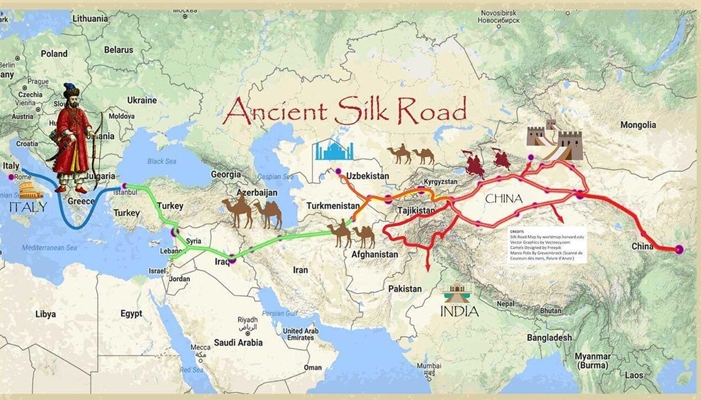
In recent weeks, Iran and China have been hammering out the details of a potentially momentous cooperation deal meant to span the next quarter-century and chart a future decoupled from the United States. Under the terms of a draft viewed by Asia Times, China will invest tens of billions of US dollars in Iran as part of Beijing’s ambitious Road and Belt Initiative. The 25-year agreement includes economic, security, and military dimensions. Such a deal is particularly important for Iran’s ailing energy sector, which is in dire need of substantial investment to refurbish an aging oil industry, which requires upwards of $150 billion for much-needed modernization of wells, refineries and other infrastructure.
-
UN expert Jean Ziegler describes bio-fuels as “crime against humanity”
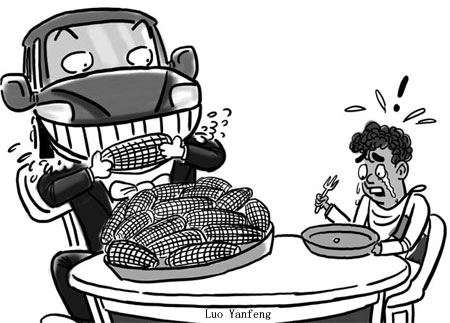
A United Nations expert has condemned the growing use of crops to produce bio-fuels as a replacement for gasoline as a crime against humanity. The UN special rapporteur on the right to food, Jean Ziegler, said he feared bio-fuels would bring more hunger.
-
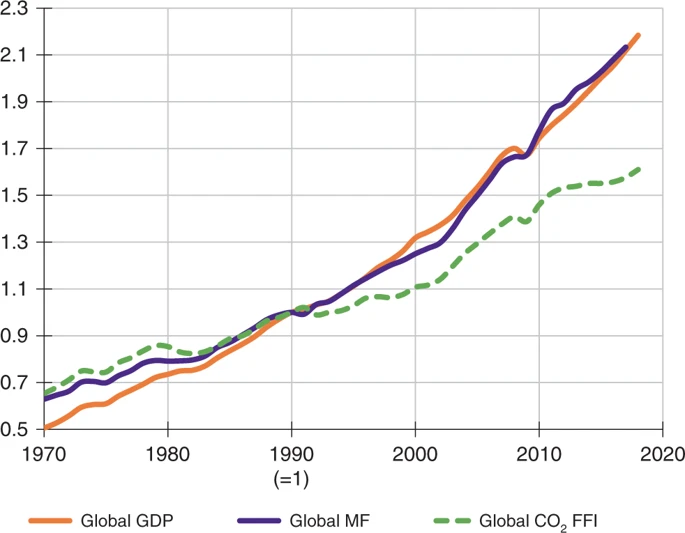
Shown is how the global material footprint (MF, equal to global raw material extraction) and global CO2 emissions from fossil-fuel combustion and industrial processes (CO2 FFI) changed compared with global GDP (constant 2010 USD). A group of researchers, led by a UNSW sustainability scientist, have reviewed existing academic discussions on the link between wealth, economy and associated impacts, reaching a clear conclusion: technology will only get us so far when working towards sustainability – we need far-reaching lifestyle changes and different economic paradigms. During the past 40 years, worldwide wealth growth has continuously outpaced any efficiency gains. “Technology can help us to consume more efficiently, i.e. to save energy and resources, but these technological improvements cannot keep pace with our ever-increasing levels of consumption,” Prof Wiedmann says.
-
Siberia’s record heatwave forecast to continue during July

Siberia’s record-breaking heatwave is reportedly forecast to continue during July, raising the likelihood of worsening what are already among the worst wildfires ever known in the region, and further thawing the region’s vital permafrost. Meteorologists said five Siberian regions, including one in the Arctic, will experience temperatures of 37 degrees Celsius over coming days, according to the Moscow Times.
-
Mark Zuckerberg reads "Industrial Society and Its Future" (Speech Synthesis)
-
Comedy of the day: In sign of the times, Ayn Rand Institute approved for PPP loan

The institute promoting the “laissez-faire capitalism” of writer Ayn Rand, who in the novels “Atlas Shrugged” and “The Fountainhead” introduced her philosophy of “objectivism” to millions of readers, was approved for a Paycheck Protection Program (PPP) loan of up to $1 million, according to data released Monday by the Trump administration. The Ayn Rand Institute: The Center for the Advancement of Objectivism in Santa Ana, California, sought to preserve 35 jobs with the PPP funding, according to the data.
-
The Heroin trade is colossal: one gram of pure heroin selling at $902 is equivalent to almost a million US dollars a kilo ($902,000) (via)

Since 2001, according to UNODC, the production of opium has increased 50 times, (compared to 185 ton in 2001) reaching 9000 metric tons in 2017. It has almost tripled in relation to its historical levels.
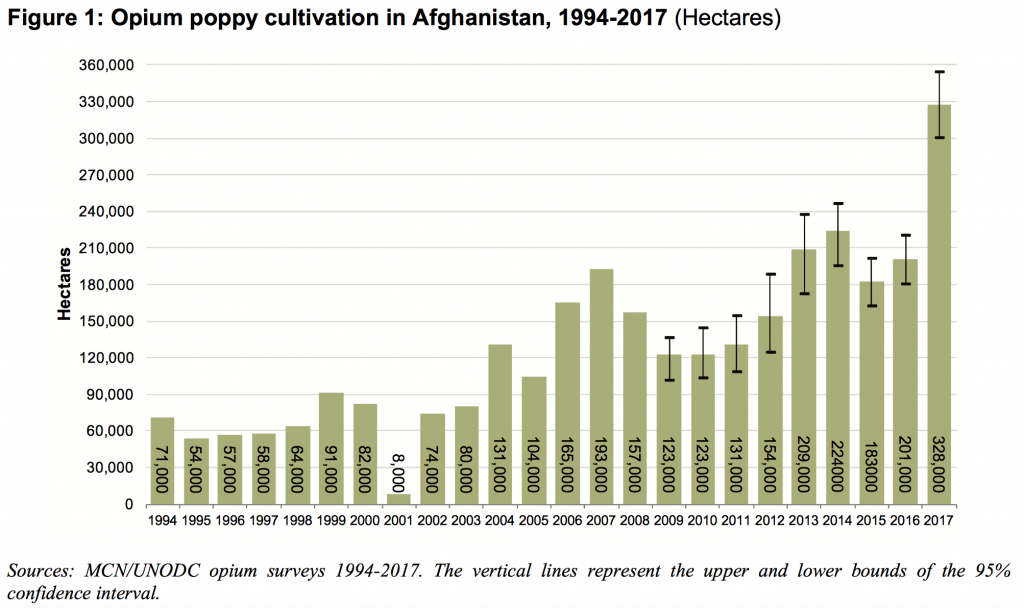
-
The business of the Honey-Suckers in Bengaluru (India)
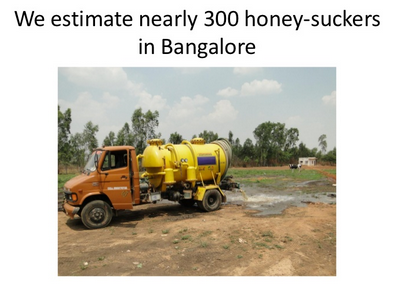
In the absence of a city-wide sewerage network in Bengaluru, one form of sanitation self-service that has emerged is that of the ‘honey-suckers’, which empty holding and septic tanks. Part of the faecal sludge is used productively by farmers in the fringe of Bengaluru. The honey-sucker service has emerged without any form of financial or technical assistance, but operates outside the legal framework.



